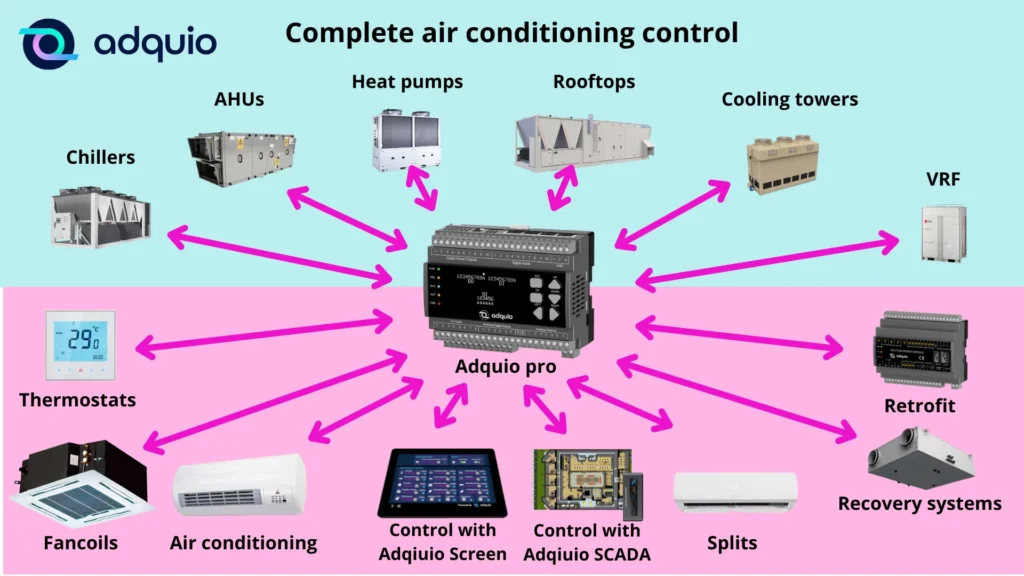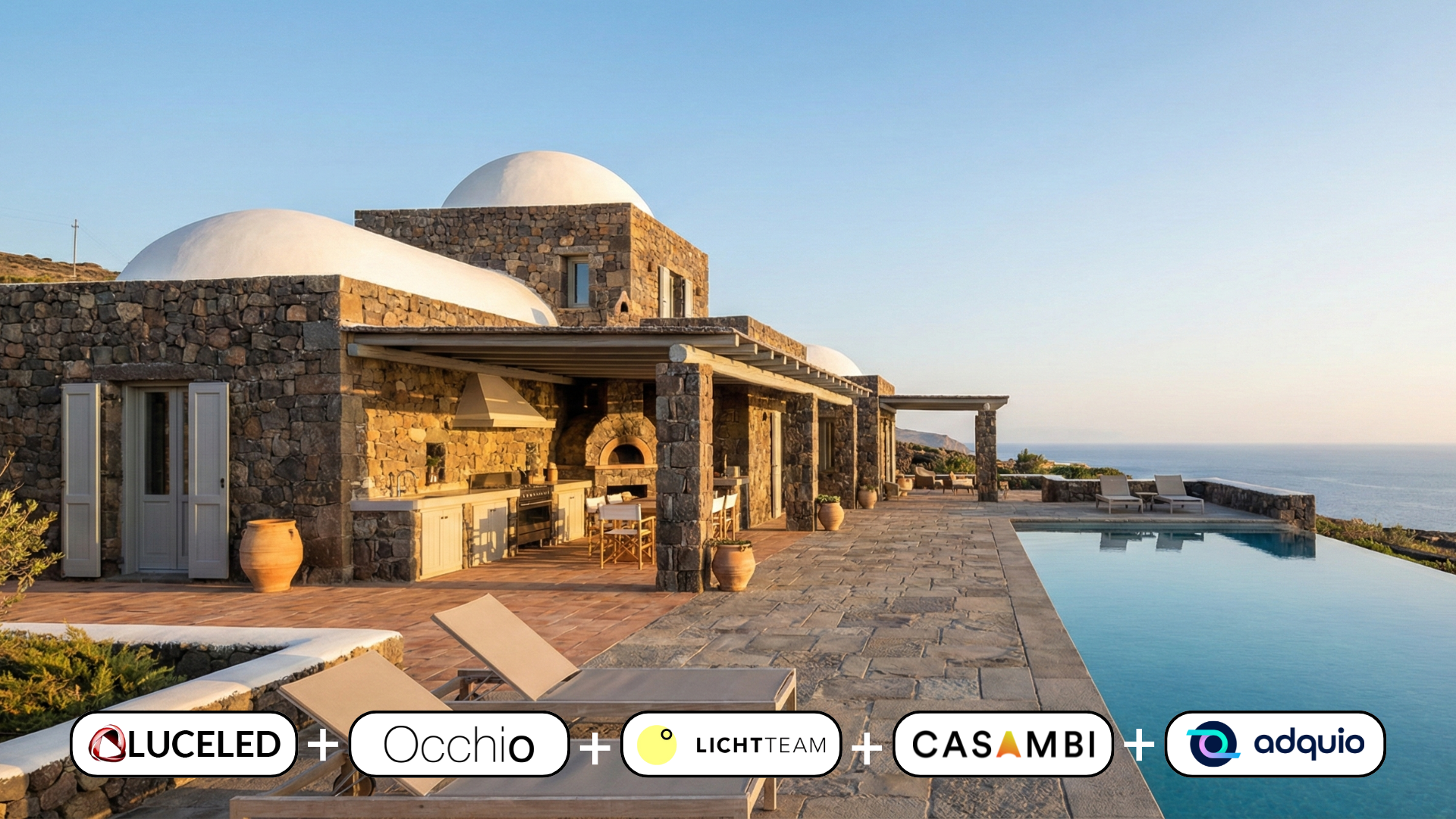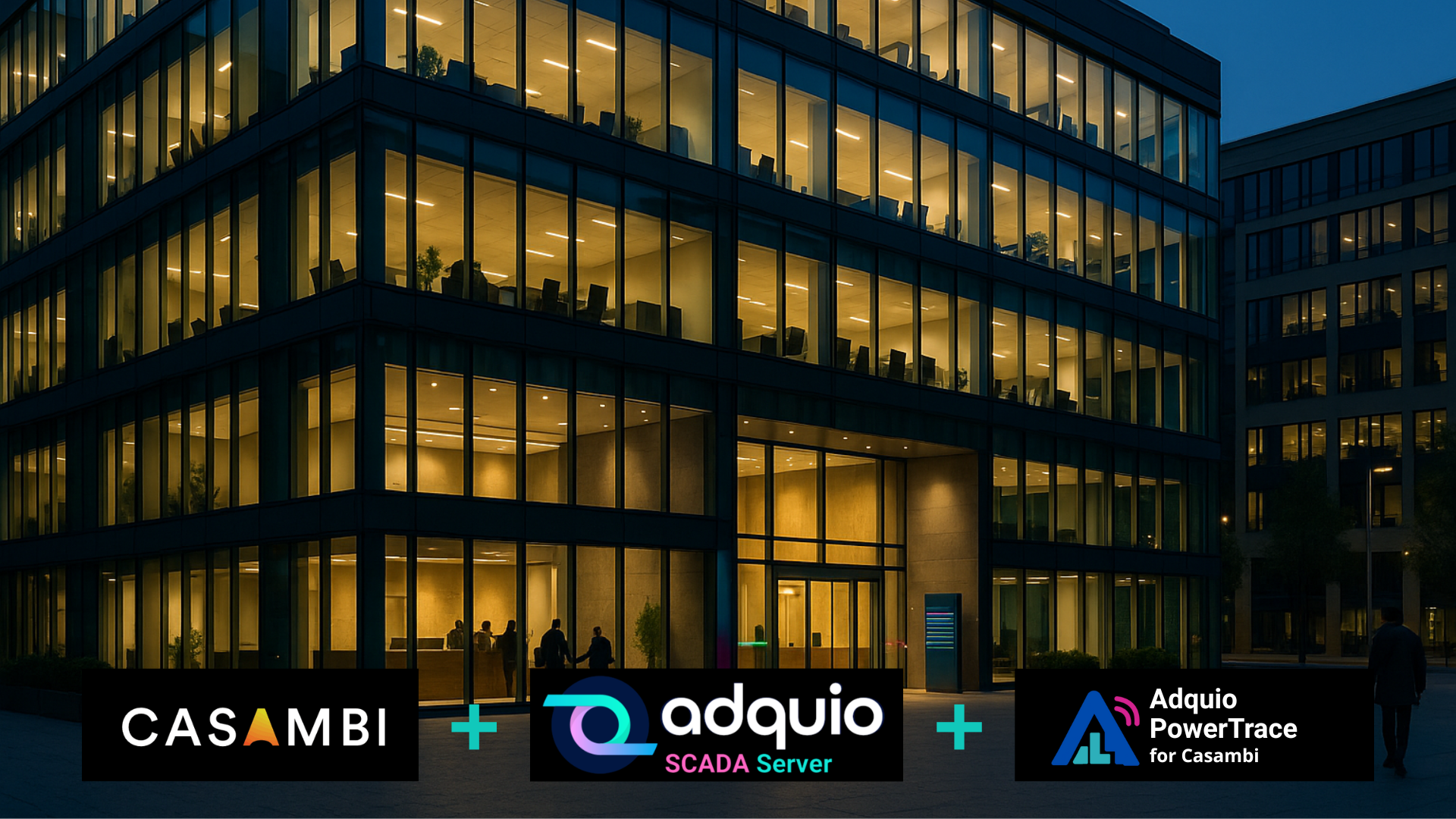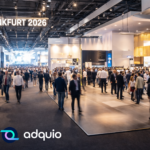Optimization of building air conditioning: improving quality of life and energy savings with Adquio
Nowadays, the air conditioning of buildings plays a crucial role in the well-being and comfort of their occupants. A properly air-conditioned indoor environment not only ensures thermal comfort, but also has a significant impact on people’s quality of life. Moreover, in a world increasingly concerned with energy efficiency and sustainability, it is vital to implement innovative solutions to reduce energy consumption. This is where Adquio comes into play, the programmable controller that revolutionizes climate control in buildings, improving the quality of life of the occupants and optimizing energy savings.
Adquio is positioned as an intelligent and efficient solution to manage and regulate the HVAC system in an automated way. Its ability to adapt temperature, humidity and other environmental variables according to the specific needs of the occupants and external conditions makes it an indispensable tool in climate control. Thanks to advanced algorithms and real-time data, Adquio adjusts the HVAC system optimally, maximizing energy efficiency and minimizing operating costs.
Improved occupant experience
It is one of the main concerns when implementing an air conditioning system. That is why Adquio has been designed to significantly improve the quality of life in buildings. A comfortable and adequately air-conditioned indoor environment promotes productivity and human well-being. Research has shown that temperature and humidity have a direct impact on the cognitive and physical performance of individuals. An environment that is too cold or too hot can lead to discomfort, stress and lack of concentration. Adquio is responsible for maintaining an optimal balance in air conditioning, adapting to individual preferences and the specific needs of each area or space within the building. This results in higher occupant satisfaction and a healthier, more efficient work environment.
Positive impact on energy savings
But the implementation of Adquio not only translates into an improvement in the quality of life of the occupants, but also has a positive impact on energy savings. Building air conditioning is one of the main sources of energy consumption, and its inefficient use can result in high costs and a negative environmental impact. This is where Adquio makes the difference. Thanks to its ability to optimize the operation of the air conditioning system, adjusting the temperature and other parameters according to the actual needs at any given time, a more efficient use of energy is achieved.
The Adquio programmable controller offers several functionalities that contribute to energy savings. For example, it is possible to program the air conditioning to be automatically reduced or turned off during periods when there are no occupants in the building, such as weekends or nighttime hours. In addition, Adquio uses intelligent algorithms that take into account external factors, such as outside temperature, solar radiation or the occupancy of the different areas, to adjust the air conditioning efficiently.
These intelligent control measures provided by Adquio result in a significant reduction of energy consumption, which translates into a reduction of the costs associated with the air conditioning of the building. In addition, the energy savings generated contribute to environmental sustainability by reducing greenhouse gas emissions and conserving natural resources.
Improving the service life of climate equipment.
In addition to energy savings, Adquio offers other benefits related to efficient HVAC management. For example, its real-time monitoring and control capabilities allow to quickly detect and correct possible problems or malfunctions in the HVAC system, avoiding costly repairs and improving the useful life of the equipment.
The implementation of Adquio in buildings not only benefits occupants and the environment, but also represents an opportunity to improve operational efficiency and overall building profitability. Reducing energy costs frees up economic resources that can be allocated to other aspects of building maintenance and improvement.
Conclusion.
The importance of using programmable controllers, such as Adquio, in the air conditioning of buildings lies in their ability to improve the quality of life of the occupants and optimize energy savings. By offering a comfortable indoor environment tailored to individual needs, Adquio promotes people’s productivity and well-being. In addition, its ability to adjust air conditioning efficiently contributes to the reduction of energy consumption and environmental sustainability. Adquio is positioned as an intelligent and effective solution to optimize the air conditioning of buildings, providing benefits for both occupants and building owners and managers.







